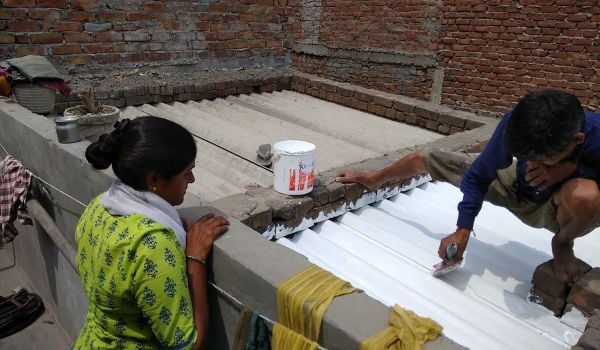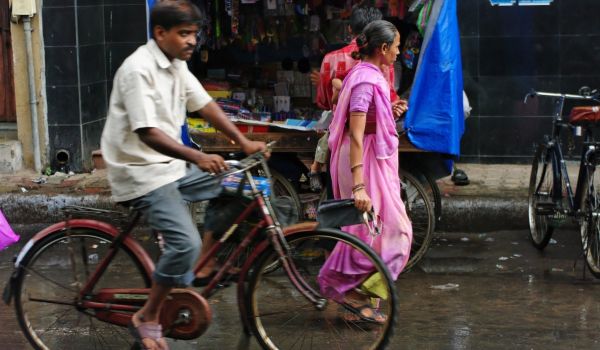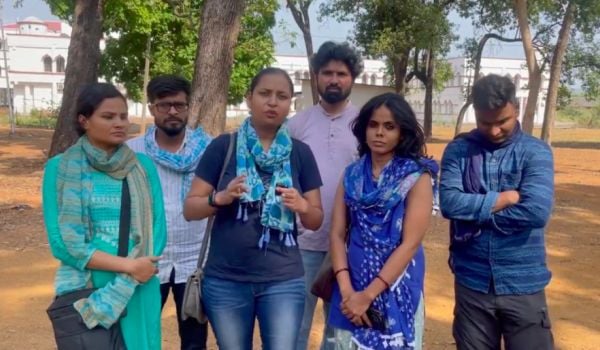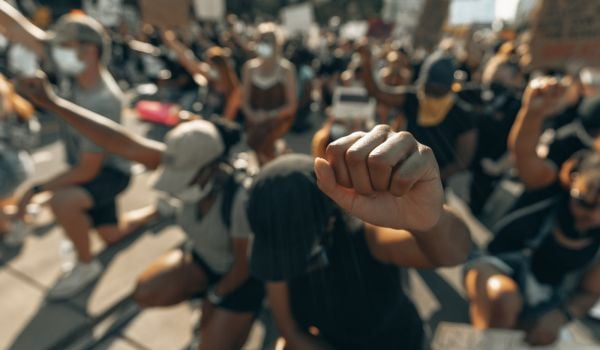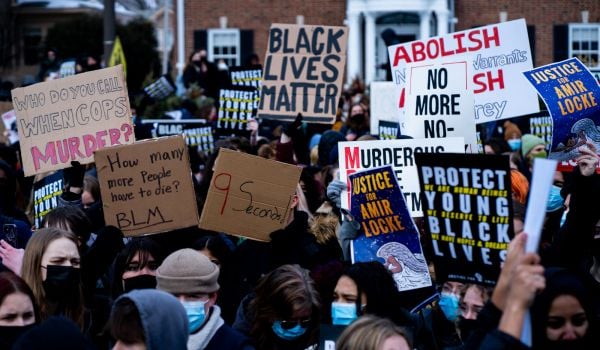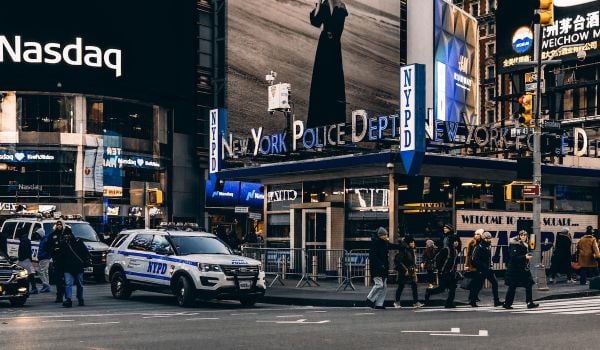You can practically feel the money pumping through the congested streets of Gurgaon. In this posh suburb of New Delhi, towering new condo developments and office parks are constantly under construction. What was, just 25 years ago, a collection of sleepy villages and farms is now touted as India’s ‘Millennium City’ – a high-rise, high-rolling 21st-century metropolis. But even as Gurgaon represents the apotheosis of a new lifestyle dream for many middle-class Indians, it remains home to entrenched political dysfunction and social inequity, most recently spotlighted in the brutal arrest of reformist city councilor Nisha Singh.
Elected to Gurgaon’s municipal council in 2011 on a platform of government transparency and accountability, Singh is a London School of Economics–educated engineer who worked for Google before entering public service. Since entering the council, she has advocated on behalf of working-poor slum-dwellers who in fast-growing Gurgaon and many other parts of India are continually displaced from their neighborhoods to make way for luxury developments.
Last Friday, in response to constituent concerns, Singh went to a site within her district where a jhuggi, or slum, was being demolished by the regional development authority. The community, made up of homes built by the families who inhabited them, was being cleared to make way for a road leading to a new development aimed at a more affluent population.
The residents, some of whose families had settled there as agricultural laborers 50 or 60 years ago, were claiming that they were being evicted without proper compensation. According to local activists who know her, Singh wanted to observe what was happening, and was standing well apart from what developed into a violent confrontation between jhuggi dwellers and police, recording the action on her cellphone. You can see her doing this in a video posted here.
Then, according to an account released by Singh’s supporters, the police targeted her for arrest. Here is an excerpt:
[A] lady constable came up to her questioning her right to be there. Nisha explained that she was an elected councilor and that she was filming the incident and was well within her rights. The constable tried to snatch her bag and phone by force while calling for backup…. Five policewomen arrived. Two held Nisha by the arms, one pulled her hair, two others beat her on the legs and back with lathis [police clubs] and batons. They dragged her for 200 metres to a waiting vehicle.
Supporters say she was driven around for five hours, in pain and without her family or anyone else being informed of her whereabouts, before finally being taken to the hospital. Once treated for her injuries, they say she was “discharged from the hospital against medical advice” and put in jail on Saturday night.
After a petition for her release on Change.org garnered more than 5,000 signatures, Singh was let go on bail Tuesday. (The 19 protesters who were arrested at the same time are still in jail without prospect of bail, according to the Times of India.) The charges against Singh, which include rioting and attempted murder, are still pending. All 34 of her fellow city councilors, including those from opposing parties, have called for the charges to be dropped, as has Mayor Vimal Yadav. ”If the false charges against Nisha are not quashed immediately, we will take this issue to the highest authorities in the state,” Yadav said in a public statement.
Singh won her council seat as an independent candidate, but she is a member of the national Aam Aadmi Party, which was created in 2012 as a political manifestation of the India Against Corruption movement. Her affiliation with Aam Aadmi has led some observers to speculate about possible political motivations for her arrest. The events of the past week took place against a national backdrop of contention over land-acquisition laws, with Narendra Modi’s ruling BJP party calling for a relaxation of requirements that landowners consent when their property is being acquired for major projects.
I met Singh in 2012 while reporting this story for Next City in Gurgaon. Then new to the municipal council, Singh was a bright light and ally for civic activists fighting against corruption and the vast inequality that has skyscrapers butting up against slums.
I interviewed her in her tranquil, comfortable home. “We seem to have forgotten that the power and responsibility to revive our institutions lies with us,” Singh told me then. “We only will have to demand and raise level of governance in India.”
After she was freed on bail Tuesday, Singh vowed that she would refuse to be intimidated by the arrest or the charges pending against her. “This was an attempt to prevent me from speaking out,” she said after her release. “I will continue to raise my voice against corruption.”

Sarah Goodyear has written about cities for a variety of publications, including CityLab, Grist and Streetsblog. She lives in Brooklyn.


_920_1385_80.jpg)
